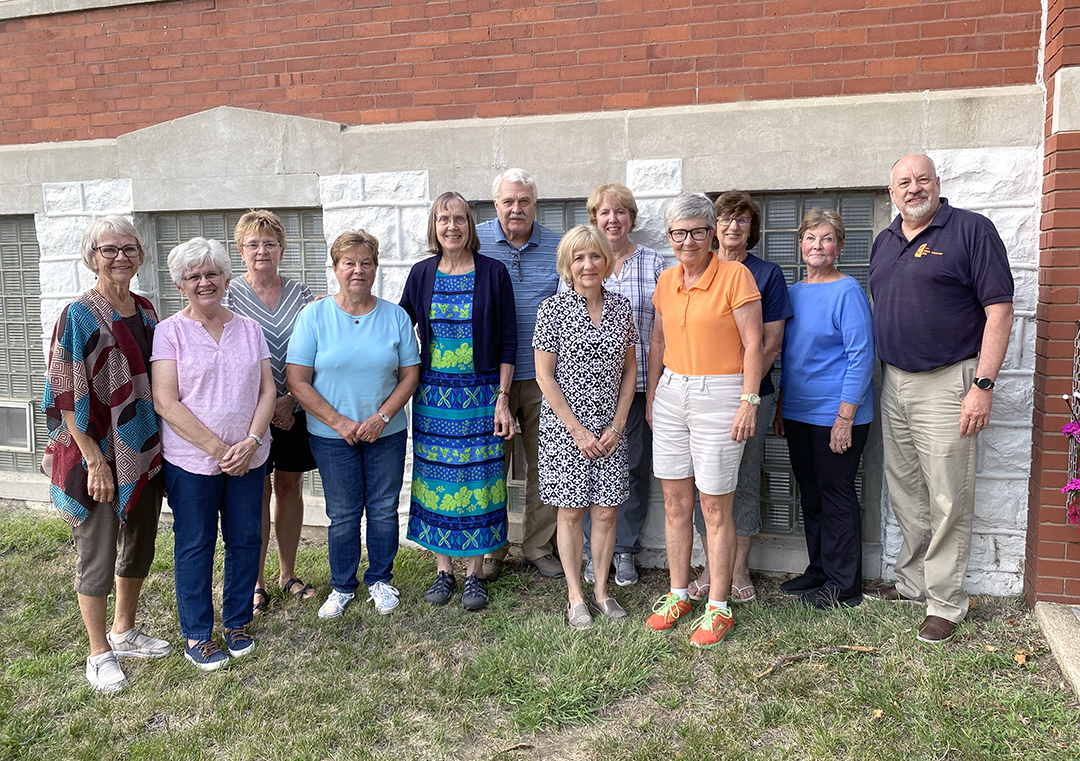Quench your summertime thirst at Local Liquor

Tristan Monaghan says Local Liquor has something for every taste.
A closet-sized humidor is stocked with a wide variety of cigars, and it maintains proper conditions so the cigars don’t become dry and brittle.
By Rich Wicks | Panora Times

Quality bourbons from around the world are available at Local Liquor.
“It’ll be two years at the end of August,” Monaghan said. “Aug. 24, I think, was our first day.”
He went on to explain that the idea to open a liquor store came out of the blue.
“It started with one of our owners. They went into town and couldn’t find Bloody Mary mix anywhere, so they thought there’s a market for this here, especially in the summer.”
That realization led to seven co-owners who jointly opened the store.

The well-stocked humidor keeps cigars fresh.
Later, one of the original owners wanted to sell his share to pursue another business venture, so Monaghan bought out that share and became a co-owner.
When asked about Local Liquor’s best sellers, Monaghan mentioned a couple of familiar names.
“Busch Light and Crown Royal are some of our best sellers, but we stock different craft beers and high-end bourbon and wines.”
When asked what makes Local Liquor unique, Monaghan mentioned several non-beverage products.

Pre-packaged drink kits can be fun and convenient.
A closet-sized humidor is stocked with a wide variety of cigars, and it maintains proper conditions so the cigars don’t become dry and brittle. Monaghan also noted that vapes and CBD (hemp) products have been popular.
“We got into the Delta-9 stuff, which the State just re-regulated. That’s the cannabis-infused stuff. We sold a ton of it to people with arthritis or who couldn’t sleep.”
Monaghan said no major changes are planned at the store, but he’ll continue to monitor what new products come out and what customers are asking for. He added that, if the store continues to succeed, more space would eventually be needed and a wider variety of products could be offered. Monaghan mentioned a couple of products that have recently become popular.
“High Noon iced teas are selling well,” Monaghan said. “There’s always new stuff coming out, and we got a new bourbon in from Carson, Iowa, that’s sold like crazy.”
Monaghan believes strongly in keeping the inventory updated, since products will quickly grow in popularity.
“We’re always trying to get more high-end stuff and different craft beers,” Monaghan said. “If people ask if we can get something in, we’ll try to get it for them.”
Local Liquor aims to meet the local demand.



 Special to the Times Vedette
Special to the Times Vedette